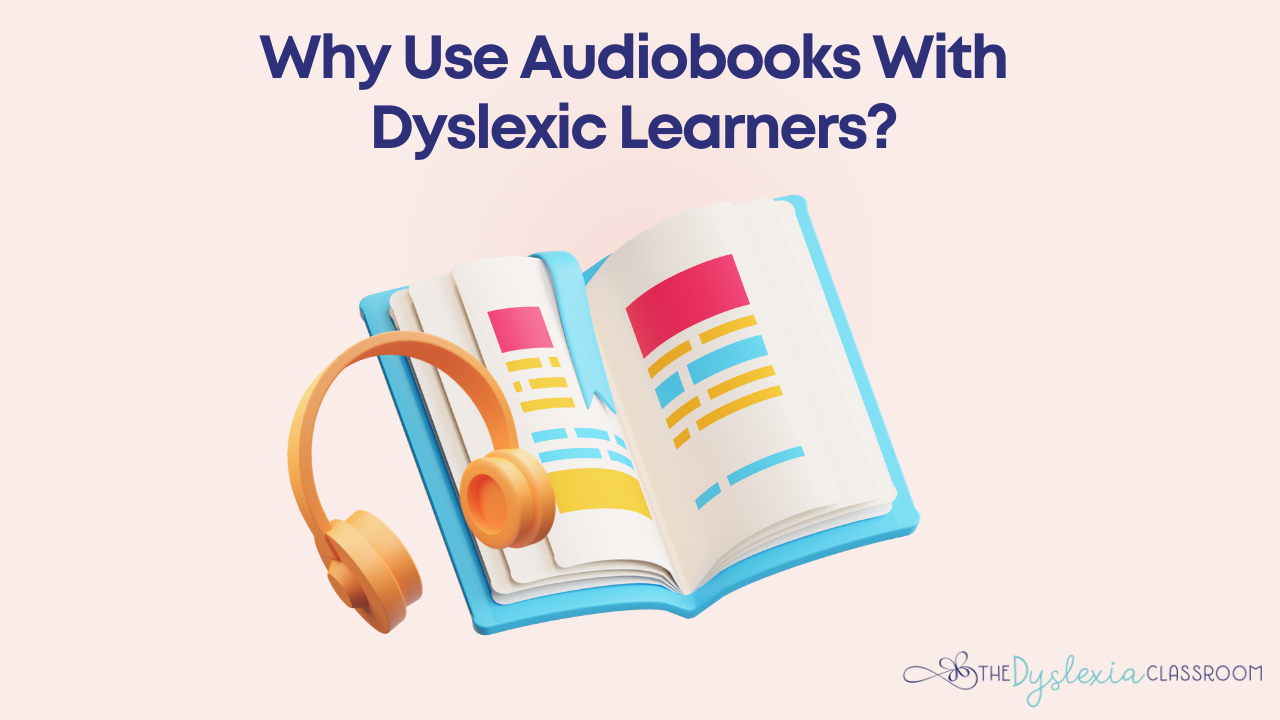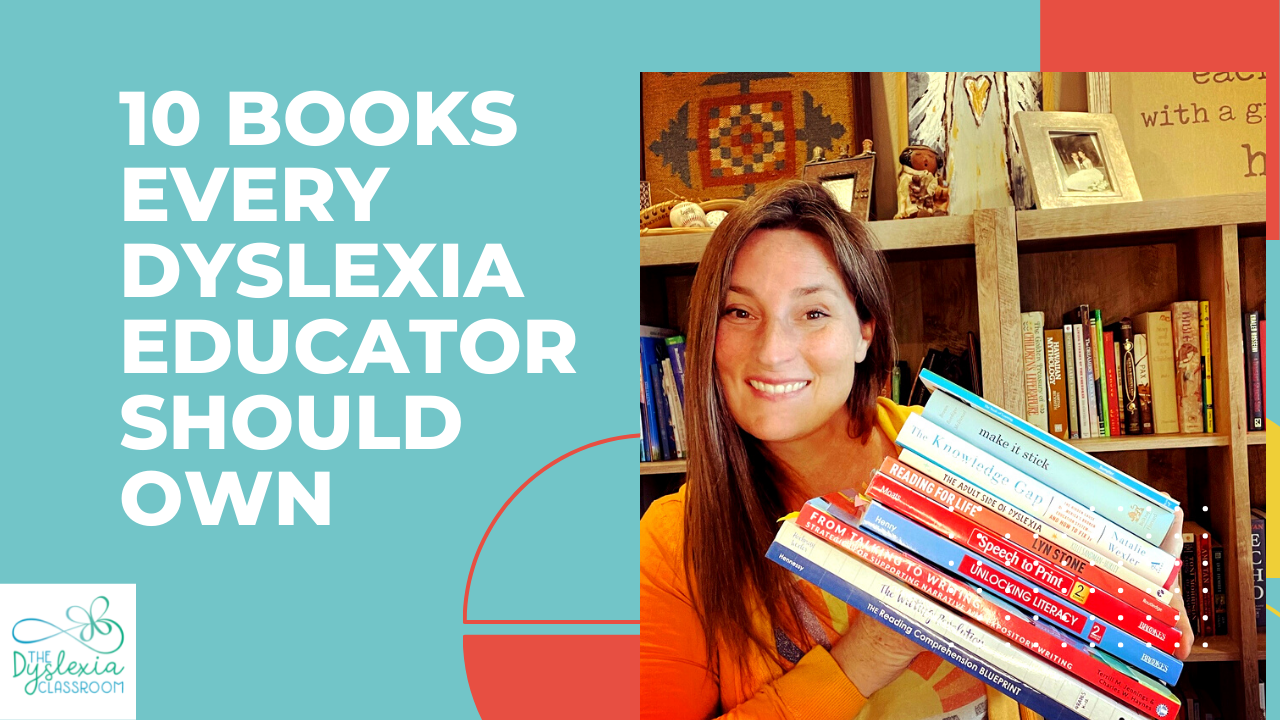STOP - or at least pause! Books have a place in dyslexia therapy.

Books have a place in dyslexia therapy. Don’t throw them out, but ask where and when?
Lately I have seen the wave of advice from people to throw out their traditional books and it causes me great pause. I have always been one to pull books out of the giveaway piles and dumpsters - although I will agree that some do in fact need to be let go, I don’t want educators to over-correct in the name of “science”.
There certainly is a place, and necessity, for traditional or authentic books within reading instruction. It is imperative that as educators we understand the purpose of the lessons and materials we use with students. While decodable text lays the critical foundation for our students with dyslexia or those first learning to read, we must understand the role it plays and for how long. We don’t want students remaining in decodable text forever. Decodable text is vital to our instruction - a necessary step on the path to learning to read, but exactly that - a step to move us forward. (...
Why Use Audiobooks with Dyslexic Learners?

The topic of audiobooks comes up often and is an accommodation that I recommend for all of my students. Audiobooks have gained popularity among the general population, with 1.3 billion dollars in 2020. While audiobooks are an excellent tool for anyone, they provide additional benefits for those with dyslexia or other learning differences. We know the importance of becoming literate in our society, but how do audiobooks weigh into our children's reading goals? Let's dig into some of the benefits and possible obstacles.
Benefits of Audiobooks
Audiobooks provide access to grade-level and higher-level text
Why is this important? We need to provide students with the tools to access the curriculum. Audiobooks provide this bridge. Students are given audiobook access for curriculum reading for multiple reasons.
Audiobooks level the playing field
Audiobooks are an accommodation that helps ensure our dyslexic learners can access the curriculum. It levels the playing field as students work ...
10 Books Every Dyslexia Educator Should Own

If you are anything like me, you ran out of space on your bookshelf a long time ago but can't stop buying books! Seriously though, as educators, I believe that we are lifelong learners, and therefore, I tend to seek out books that further my knowledge and help me improve my craft of teaching.
If you follow me on Instagram, you will often see me sharing books for educators and students. In October, I shared my list of books every dyslexia educator should own. Read it HERE.
Now, I'm sharing ten more books about literacy, writing, learning, and dyslexia that I think are worth the reading.
Working memory is a topic that often comes up in meetings with parents and schools surrounding dyslexia. Some children have a learning profile that indicates a need for further assistance with working memory. You can catch an entire episode on working memory on the Together in Literacy podcast. Find the episode HERE.
The first two books I recommend are an excellent way to dive into this topic.
...



